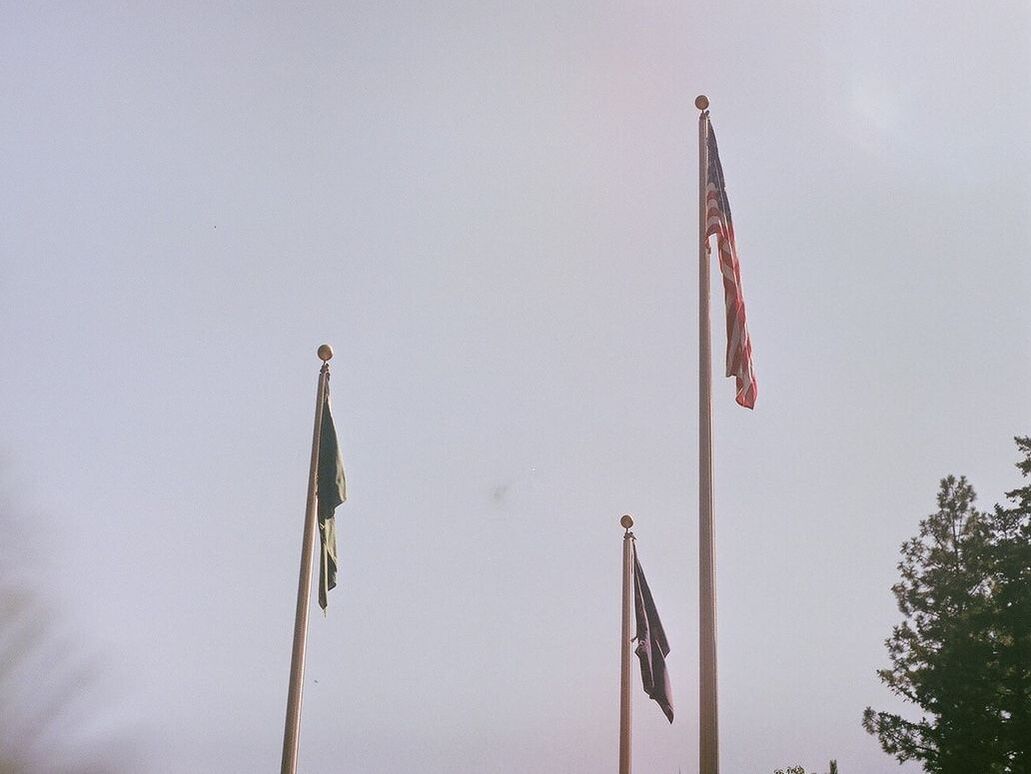|
|
|
Media coverage of recent police killings of Black citizens, including George Floyd and Breonna Taylor, and the related Black Lives Matter protests, have reignited a long-smouldering national conversation about race in America. These acts of police violence are part of a centuries-long pattern of institutional and systemic state violence against brown, Black and Indigenous people in America.
The killings and protests have prompted responses at both organisational and individual levels. Indeed, national organisations that contribute to the (re)production of bucolic white racial identities are facing a reckoning because of a growing awareness of the ways they contribute to making this violence possible and invisible to many white Americans. For example, this year the Boy Scouts of America formally supported Black Lives Matter, instituted a new diversity and inclusion merit badge, and acknowledged, ‘We have not been as brave as we should have been because, as Scouts, we must always stand for what is right and take action...’[1] Individually, many white Americans, who may have never thought critically about their racialised identity or privilege, are working to better understand their own identities and the institutions that make up their social landscapes. Yet even as racist state violence and resistance to it are made visually manifest in the media, many white Americans are still responding with surprise, shock and outrage because they live racially privileged lives free from such state terrorism, and are able to ignore the many manifestations of ongoing systemic racism.
Racialised violence in America is not a recent phenomenon, and critical assessments of white privilege and racism in America have long been available in both academic work and popular media. So, why is it that so many white Americans are still surprised, and perhaps more importantly, what does this surprise do?
Using original research conducted in the summer of 2018, our Identities article, ‘Camp Sitka’s ‘little civil war’: nostalgia, surprise, and white ignorance at a Boy Scouts of America camp’, interrogates questions about white surprise at one Boy Scouts of America wilderness camp, which we call ‘Camp Sitka’. We analyse camp programming that reinforced racist historical narratives and contemporary realities: a weekly ‘American Heritage’ performance which selectively remembered the American past and erased histories of slavery and colonialism, and a weekly ceremony which appropriated Indigenous cultures. We ask how these practices were justified, rationalised and responded to by both so-called ‘old Sitka’ conservative staffers, who supported the continuation of traditionalist practices, and so-called ‘new Sitka’ progressive staffers, who were more critical of those traditions and advocated for change. Rather than pin the burden of white ignorance exclusively on conservative whites – often done both colloquially and in scholarship – we draw on scholars of white ignorance to argue that both the nostalgia for the past expressed by ‘old’ staff and the reactions of surprise and shock towards racist programming among ‘new’ staff contributed to a cycle of white ignorance: one that ultimately protected white supremacy. At the heart of our analysis is the theory that ignorance is not an innocent and random gap in knowledge, but a substantive and patterned type of knowledge itself: at Camp Sitka, campers are socialised to understand that whiteness includes fond recollections of slavery and the misguided appreciation of faux-Native American cultures. While such understandings might be expected from conservative campers and staff members, we examine how and why younger and more progressive camp staffers were surprised by these blatant demonstrations of white supremacy, even as they are citizens of a country founded on white supremacy and state violence. The patterning of this racial ignorance follows predictable categorical lines: white people, both conservative and progressive, are more likely to exhibit various racial ignorances, since their structural position of privilege insulates them from first-hand experiences of racism. Beyond this, though, because white people benefit, psychologically and otherwise, from not-knowings about racism, they are also more likely to actively choose and invest in ignorance. When confronted with police killings or Black Lives Matter protests, then, the logical reaction for progressive white Americans is surprise and outrage. At Camp Sitka, we show how progressive white shock, in response to weekly recitations of anachronistic Civil War songs that recalled slavery with nostalgia and induction ceremonies that reproduced white imaginaries of indigeneity through adult costumes and made-up stories, not only revealed ignorance towards entrenched racism, but actually reproduced a cycle of ignorance by perpetuating the idea that this ‘couldn’t actually be happening now’. This response to overtly racist camp programming by progressive camp staffers did not challenge or dismantle racial injustice. Rather, we argue their white shock towards rather predictable racial patterning actively mystified and invisibilised current racial inequities. This way of thinking about white surprise towards racial injustice directly contradicts old adages such as ‘ignorance is bliss’ that suggest that ignorance is innocent, harmless and apolitical. By exploring how these processes unfolded during one summer at Camp Sitka, we can gain some insights into how the organisations and institutions that contribute to American society actively produce blindspots that normalise and reinforce white ignorance and supremacy. This way of thinking about white surprise and ignorance is a useful framework, given the current political and social resurgence of white supremacy in the United States and across the globe. [1] National Executive Committee, Boy Scouts of America. BSA’S COMMITMENT TO ACT AGAINST RACIAL INJUSTICE. Scouting Wire, 15 June 2020.
Blog post by John Reid-Hresko and Molly Hamilton, Quest University, Canada
Read the full article: Hamilton, Molly & Reid-Hresko, John. Camp Sitka’s ‘little civil war’: nostalgia, surprise, and white ignorance at a Boy Scouts of America camp. Identities: Global Studies in Culture and Power. DOI: 10.1080/1070289X.2020.1845491
0 Comments
Your comment will be posted after it is approved.
Leave a Reply. |
|
Explore Identities at tandfonline.com/GIDE |
|
The views and opinions expressed on The Identities Blog are solely those of the original blog post authors, and not of the journal, Taylor & Francis Group or the University of Glasgow.

